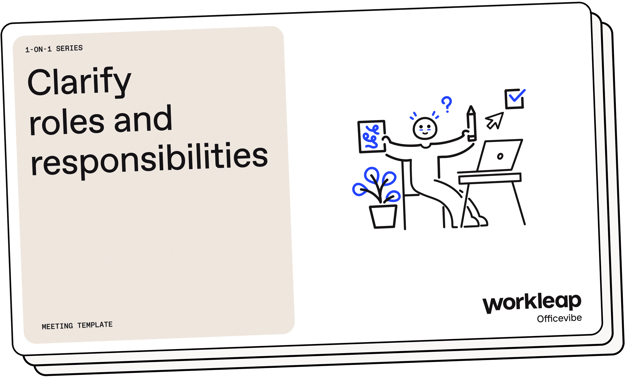Resource Library
Drive performance with our on-demand webinars, comprehensive courses, downloadable guides and interactive tools.
Latest resources
-

Employee Engagement Benchmark Report
-

Moments that matter: An online summit on how to seed great work
-

Empowering HR with AI
-

AI for HR crash course
-

Classic one-on-one meeting template
-

Performance review nightmare: Waking up to a better way
-

A template to clarify roles and responsibilities
-

Assess your employee experience in minutes
-

Using engagement as a catalyst for retention and productivity
-

Performance management tools for modern workforces
-

Shaping employee experience with meaningful recognition
-

How to drive clarity around roles and expectations